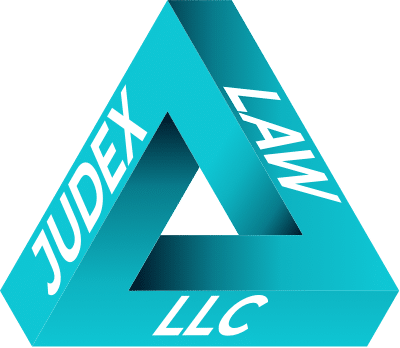When the Securities and Exchange Commission (SEC) approved the Financial Industry Regulatory Authority (FINRA)’s newly proposed Rule 4111 in July 2021, brokerage firms and financial advisors wanted to know how this rule could impact them. Also known as the “Restricted Firm Obligations” rule, FINRA Rule 4111 requires member firms designated as “Restricted Firms” to pay cash or qualified securities into a separate account and adhere to specific rules and obligations. This new rule took effect in January 2022, so here’s some information in response to commonly asked questions about FINRA Rule 4111 and its impact on the financial industry.
What Inspired Rule 411?
One of FINRA’s primary goals has been to identify “high risk” brokerage firms that have a history of misconduct. Starting in 2013, the agency launched a series of guidelines and hiring supervision programs to help member firms rein in risky behaviors. With the enactment of Rule 4111, FINRA has established criteria for designating certain firms as “Restricted Firms” and subjecting them to penalties and obligations, hoping to prompt these firms to change their practices.
How Does FINRA Identify Restricted Firms?
While FINRA stated that it intends to remain transparent in how it determines whether to designate a firm as a “Restricted Firm,” the calculation itself is hard to locate and understand. So far, it appears that the calculation involves the size of the firm and the number of registered person adjudicated events, registered person pending events, registered person termination events, and internal review events, among other factors. FINRA also intends to use some subjective discretion to determine whether a firm poses an insufficient risk or requires further review.
What Happens to So-Called “Restrictive Firms”?
When FINRA designates a firm as Restricted, it will notify the firm and provide the firm with an opportunity to respond. However, if FINRA maintains that the firm qualifies as a “Restricted Firm,” FINRA will impose requirements and obligations in the interest of protecting the public from firms with a significant history of misconduct. FINRA may require a firm to fulfill their Restricted Deposit Requirement by depositing cash or qualified securities into a segregated account. As the specifics of Rule 4111 are so new and complicated to understand, reach out to a knowledgeable securities law attorney to discuss your situation.
Call Judex Law, LLC, today at (303) 523-4022 to discuss your concerns with a knowledgeable and friendly securities law attorney.

